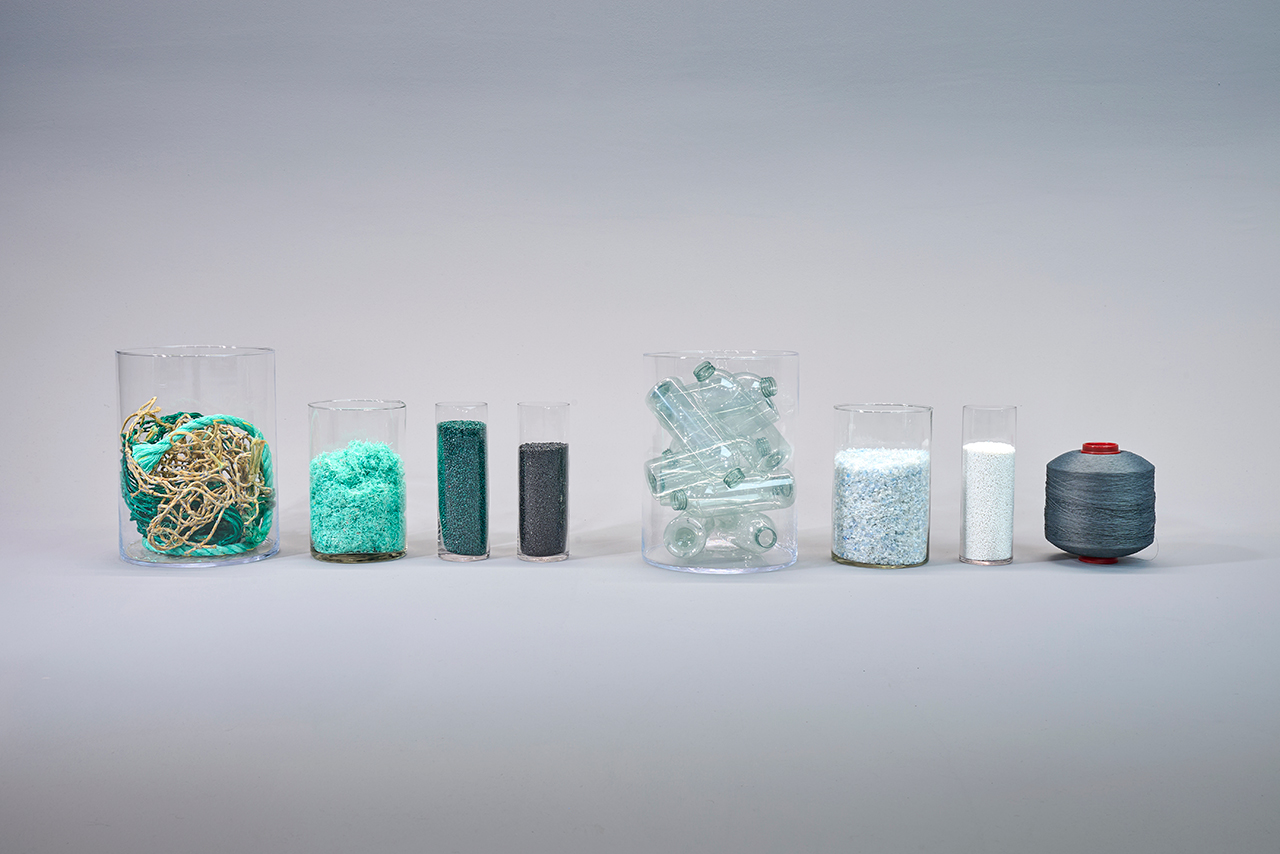CO2 reduction and resource efficiency drive the vision forwards.
A truck, powered by green hydrogen, carrying components secured with ultralight packaging made from renewable raw materials, driving along optimal transport routes – with CO2 emissions close to zero: This is the vision of the future of logistics at the BMW Group – sustainable through innovation.
The BMW Group has set itself a very clear milestone: to reduce CO2 emissions throughout a vehicle’s entire value chain, from resources to recycling, by 40 percent from 2019 levels by 2030. This ambitious goal requires closely examining a vehicle's entire lifecycle and identifying potential for lowering emissions. Logistics plays an important role in a vehicle's value chain. It seamlessly and precisely connects all players involved in the supply and production process via a variety of transport routes. CO2 emissions are produced throughout this process: on plant grounds (intralogistics), as a result of supplying plants with parts and from shipping the finished vehicles for worldwide distribution (upstream and downstream transport logistics). Karl-Friedrich Koch is responsible for all logistics planning at the BMW Group: “Logistics is definitely a relevant lever for reducing the BMW Group’s environmental footprint, also when considering the entire vehicle lifecycle.”
Technological innovations are needed for low-emission drive trains and resource-efficient packaging for global logistics. In recent years, the BMW Group has launched a variety of activities in these areas. Research and pilot projects, collaborations with service providers in its partner network and the principle of open technology are all part of these efforts. The BMW iFACTORY. LEAN. GREEN. DIGITAL. provides an overarching strategic vision for the global production network – and therefore also for logistics. Flexibility, efficiency, sustainability and digitalisation are key to all processes.




















